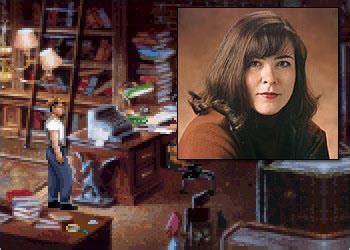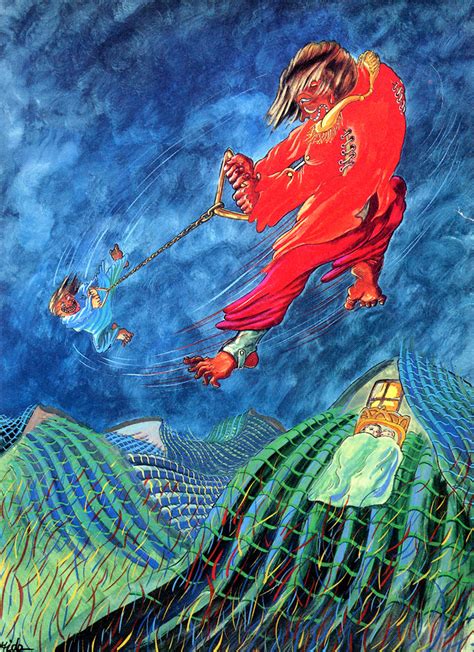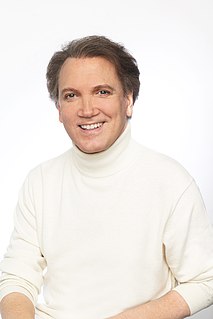A Quote by Laura van den Berg
When I'm working on a short story, I could duck into a bathroom at a crowded party and write a scene, which is to say I can work in a very incremental way.
Related Quotes
The party and the Krikkit warship looked, in their writhings, a little like two ducks, one of which is trying to make a third duck inside the second duck, whilst the second duck is trying very hard to explain that it doesn't feel ready for a third duck right now, is uncertain that it would want any putative third duck anyway, and certainly not whilst it, the second duck, was busy flying.
I would say I'm a storyteller first, but game making is very wrapped up in how I think of story. If I were to have a story idea, and I decided to write a novel with it instead, I'd have to very consciously de-couple it from gamedom - for example, deliberately add in things that could not be represented in a game scene.
If I had a story idea that I felt would work best in three volumes I might write a trilogy eventually. I'd very likely write it all at once, though, so I could work on it as a whole and not broken into individual volumes. I don't always write in order, so composing multi-book stories could get complicated.
I find that a duck's opinion of me is influenced by whether or not I have bread. A duck loves bread, but he does not have the capability to buy a loaf. That's the biggest joke on the duck ever. If I worked at a convenience store, and a duck came in and stole a loaf of bread, I would let him go. I'd say, "Come back tomorrow, bring your friends!" When I think of a duck's friends, I think of other ducks. But he could have, say, a beaver in tow.
I guess maybe I was hired to play in the Doll House because of my dinner scene in The Sixth Sense, which has been scrutinized a thousand times as to whether you know Bruce Willis is dead, or whether I'm talking to myself. I think that maybe if that could be my forte, to do a scene and be able to say it could be read this way or that way.
For centuries the most powerful argument for God's existence from the physical world was the so-called argument from design: Living things are so beautiful and elegant and so apparently purposeful, they could only have been made by an intelligent designer. But [Charles] Darwin provided a simpler explanation. His way is a gradual, incremental improvement starting from very simple beginnings and working up step by tiny incremental step to more complexity, more elegance, more adaptive perfection.
I arrived at my way of "working" as a way of visually approximating what I feel the tone of fiction to be in prose versus the tone one might use to write biography; I would never do a biographical story using the deliberately synthetic way of cartooning I use to write fiction. I try to use the rules of typography to govern the way that I "draw," which keeps me at a sensible distance from the story as well as being a visual analog to the way we remember and conceptualize the world.
Game Over is a very frustrating game convention. In short, it means, 'If you were not good enough or did not play the game the way the designer intended you to play, you should play again until you do it right.' What kind of story could a writer tell where the characters could play the same scene ten times until the outcome is right?
I took many notes, more than usual before I sat down and wrote Act One, Scene One. I had perhaps eighty pages of notes. . . . I was so prepared that the script seemed inevitable. It was almost all there. I could almost collate it from my notes. The story line, the rather tenuous plot we have, seemed to work out itself. It was a very helpful way to write, and it wasn't so scary. I wasn't starting with a completely blank page.
I'm of the opinion that a duck does not change styles every time it crosses a state line. I think they sound the same way from Canada all the way to the coast. As far as championship calling... I realize that a duck could not win a world championship, and that's why I don't do that. When it comes to duck calling, our judges have wings.





































